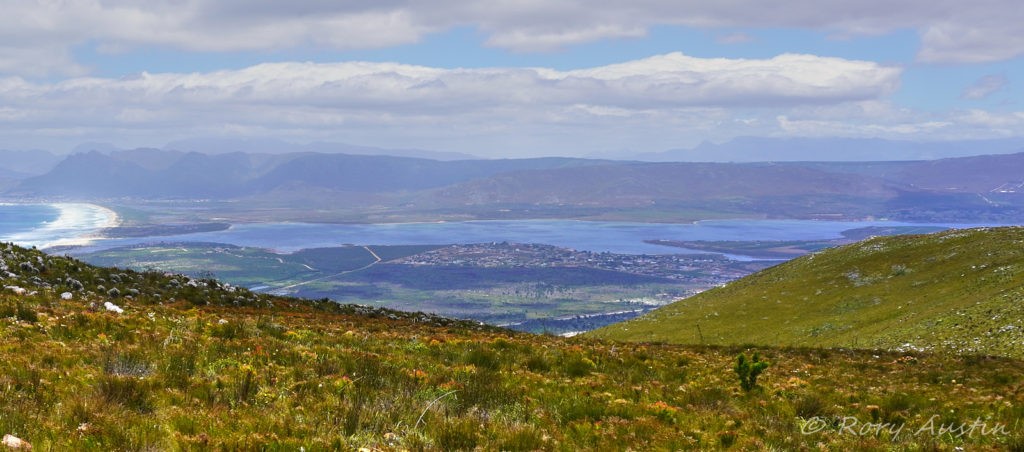Comments on the Western Cape Biodiversity Bill were made by Mike Austin, Botfriends, on a draft which has been circulated for comment. Rob Fryer of Whale Coast Conservation (WCC) circulated an extensive comment on this bill in July 2018, which is attached below.
Two main points in the Western Cape Biodiversity Bill, draft bill which Botfriends has are:
1 The whole responsibility issue and the inconsistency in the bill for, who is responsible and how that responsibility is delegated for nature reserves owned by municipalities, other private wildlife sanctuaries and game farms and local government green areas or proposed green areas.
2 The bills alignment with NEMBA (National Environmental Management: Biodiversity Act) regulations
Botfriends generally agreed with the comments made by Fryer. Botfriends and other group such as the Paddavlei Eco-Group (PEG) have been actively involved in carrying out the broad objectives of protecting the environment in Ward 8 for a number of years. The proper application of the NEMBA regulations in terms of alien invasions, fire regulations and water/wetland management are at the root of most of the environmental problems in Ward 8.
The situation in Ward 8 is that especially in the last decade the biodiversity of the area has been severely compromised, mainly by;
To a large extent this has been the result of:
Greenheart will and is following up on the issues raised above, however, progress is slow and many comments are ignored or buried especially if someone further up the chain has to accept responsibility. An additional post on the national report is also available on this site with comments.
The extensive comments on Western Cape Biodiversity Bill from Rob Fryer written in July 2018, below my be downloaded below


Recent Comments